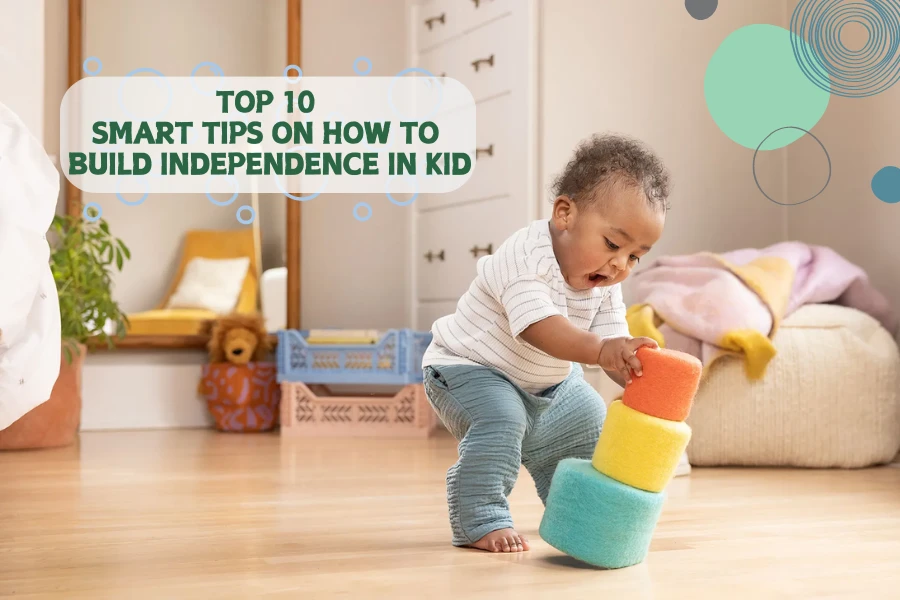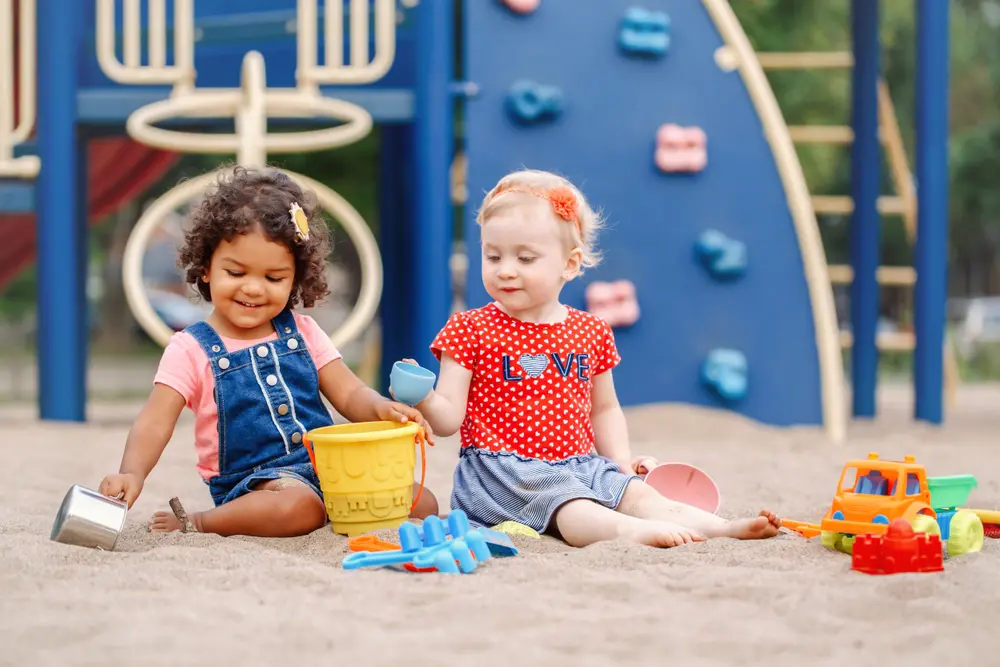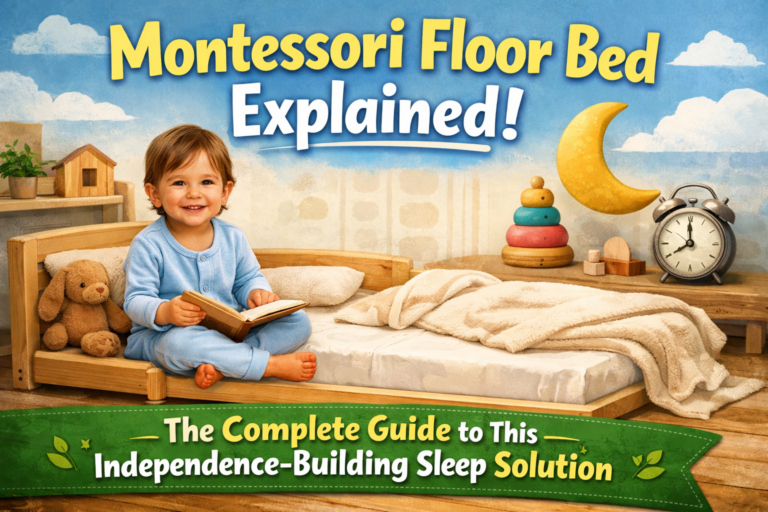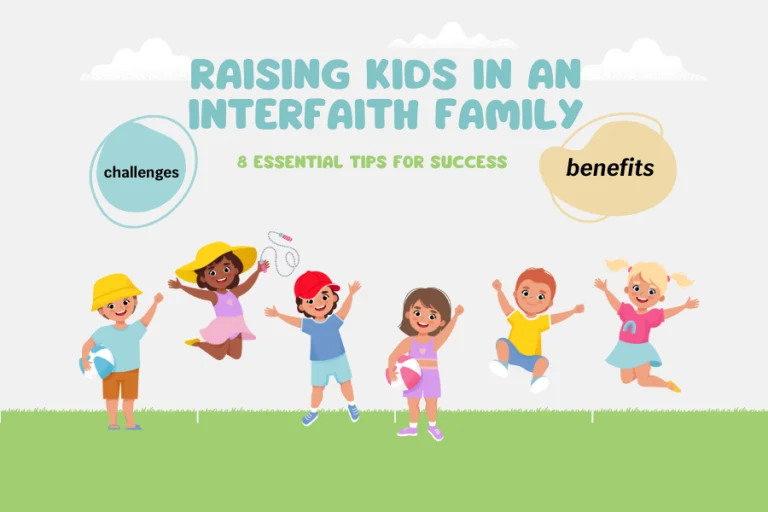
One of the greatest moments for parents is to see their child grow up and turn into an independent individual. Building independence in kids is essential for them to learn skills in life, such as problem-solving abilities, and self-confidence. But how to build independence in kid? You surely need to master some tips which are introduced right below in this article.
We will discuss 10 smart tips that guide parents in helping their kids become independent. Let us look at how you can nurture growth in a child and foster independence in a fun and effective way! Keep reading on and apply these tips whenever you have a chance!
Why Building Independence in Kids Matters
Fostering independence in children goes beyond teaching them basic life skills. It shapes their emotional wellbeing, academic success, and future relationships. Independent children develop stronger self-esteem because they learn to trust their own abilities and judgment.
Research shows that children who develop independence early perform better academically. They’re more likely to take initiative with homework, ask questions when confused, and persist through challenging assignments. These skills translate directly into workplace success later in life.
Independence also strengthens the parent-child relationship. When children feel capable and trusted, they’re more likely to communicate openly with parents. Rather than creating distance, independence actually builds a foundation of mutual respect and understanding that lasts through the teenage years and beyond.
How To Build Independence In Kid – 10 Tips For Parents
Raising independent children involves building self-confidence and skills that will enable them to deal with ups and downs in life. How to build independence in kid? This doesn’t mean you step away from them. Rather, parents need to guide them toward becoming responsible and independent people. The following are 10 practical tips to get you started:
Encourage Problem-solving Skills
Children will thrive as they learn to overcome challenges independently. Instead of jumping in first to save the child from a struggle, simply ask, “What do you think would happen if you tried it this way?”, or “How do you think we can solve this together?” Allow them time and room to brainstorm solutions and boost their self-assurance. Start with small problems and gradually let them solve more complicated ones as they grow.
Assign Proper Chores
Giving children age-appropriate chores helps them feel a sense of accomplishment and responsibility. Simple tasks for younger kids include feeding a pet, putting away toys, and helping set the dinner table. Older children can take on more advanced responsibilities such as helping with washing dishes or tidying up their rooms.
Always explain the importance of each activity and celebrate the effort put into it, not the outcome. You can also make a chore chart to monitor the progress of every step. This will make them feel in control and responsible for the tasks given.
Making chores engaging for different ages
For toddlers and preschoolers, turn chores into games. Sorting laundry can become a color-matching activity, or tidying toys can be a race against a timer. Use visual chore charts with pictures rather than words so even pre-readers can follow along independently.
School-age children benefit from having ownership over their tasks. Let them choose which chores they prefer or create their own system for completing them. Some kids work best with morning tasks, while others prefer an after-school routine. This flexibility teaches them to work with their natural rhythms.
For tweens and teens, connect chores to real-world skills they’ll need. Explain how laundry connects to managing their own wardrobe, or how meal prep teaches budgeting and nutrition. This context makes chores feel purposeful rather than arbitrary.
Allow Kids To Make Choices

Allowing children the ability to make minor choices builds confidence in one’s self and develops decision-making skills. For example, give your kids 2 to 3 options instead of selecting their clothes each day. You also can allow them to choose what to eat, what games they like to play, or what book they want to listen to before bed. These small matters will let the kids feel empowered and ready for bigger choices in life.
Foster Self-care Habits
It is important to teach your children self-care habits from a very young age. They will become more independent and responsible as a result of this. Begin with simple tasks, such as brushing teeth, dressing up, or packing school paraphernalia. Always break any given task down into steps first, demonstrating initially how it should be done, and then gradually letting them take over entirely.
Praise them for their efforts, even though the result may not be perfect. You can also introduce a “morning checklist” or “bedtime routine” to guide them along. The more they practice, the more confident they will be in dealing with their needs themselves.
Set Daily Routines
Routines bring about a sense of security and predictability, and they help kids take responsibility for their own time. Daily schedules should include wake-up time, meal times, playtime, and bedtime. A well-structured routine will keep kids updated about what is expected of them, and this automatically helps them accomplish some tasks on their own.
They may know it’s time, for example, after breakfast, to clean up the dishes, brush their teeth, and get dressed. As time goes by, they’ll develop a sense of ownership over their routine, which leads to greater independence.
Encourage Reasonable or Controlled Risks
One of the important tips on “How to build independence in kid” parents may ignore is to take risks. This is so much an essential component of learning and building resilience. Of course, those risks would have to be appropriate in age and safety. They will give room for your child to try new things as well as build some confidence.
For instance, let him climb a little bit higher up at the playground or pour his milk into the glass himself. Though they might fall or spill, such instances in trying to teach them about their own abilities. Tell your youngster that it’s acceptable to make errors and encourage them to take on difficulties.
Provide Opportunities For Solo Play & Activities

Playing alone helps in promoting a child’s imagination, ideas on problem-solving, and entertaining themselves without close supervision from adults. Arrange a time for your child to play blocks, jigsaw, or draw every day. This gives them space to explore things on their own and helps build confidence when independent. Only make sure the place is indeed safe and the things they do are age-appropriate. Water activities for children at home are also excellent choice to let them in.
Teach Decision-making & Consequences
Making your child understand that with every choice, there’s a consequence will help build their independence. Start by giving him little choices, for instance, whether to play outside or inside. If your kid goes outside without wearing his jacket and then feels cold, tell him that his choice has a consequence.
As they grow, you can add more sophisticated decision-making activities, such as time on screens or budgeting for toys. You should always guide them in the best direction and support them but allow them to feel some of the consequences of their decisions. This will help solidify the learning process.
Offer Guidance Without Over-involvement
The urge to jump in and take over is hard to resist when a child is struggling. But it’s crucial to let them work things out for themselves. Whether the child needs to tie their shoes, clean up after themselves, or figure out their homework, help them only if they really need it. Be gentle parents and give them great guidance or encouragement, but do not do the activity one’s self. For instance, if they can’t work out a puzzle, then give them a hint rather than finishing it one’s self. This balance helps them learn while still feeling supported1.
Encourage Trying New Things Without Fear or Failure
Bring your child up with a mindset where it is okay to fail or make a mistake. This will help in building their independence since it removes the stumbling block of fear of trying new things. Celebrate their efforts whether they succeed or fail, and remind them that failure is an experience worth learning.
For example, if the children are baking cookies and they burn, you would praise their initiative by at least attempting to explain what can be done differently the next time. In this way, you help your child build resilience and confidence to take on new challenges head-on.
Common Challenges Parents Face When Building Independence
Even with the best intentions, parents often encounter obstacles when trying to foster independence. Understanding these challenges helps you navigate them more effectively.
The “It’s faster if I do it” trap: Many parents take over tasks because letting children do them independently takes longer. A child might take 15 minutes to put on shoes that you could fasten in 30 seconds. However, this extra time is an investment. Build buffer time into your schedule for these learning moments, especially before school or appointments.
Dealing with perfectionism: Some children become frustrated when their independent efforts don’t meet their own high standards. If your child gets upset that their bed isn’t perfectly made or their drawing doesn’t look “right,” focus on effort over outcome. Share stories of your own imperfect attempts and what you learned from them.
Sibling comparisons: When one child develops independence faster than another, resist the urge to compare. Every child has their own timeline and strengths. Celebrate each child’s individual progress rather than measuring them against siblings or peers.
Safety concerns: Finding the balance between safety and independence can be tricky. Start by identifying which risks are reasonable for your child’s age and ability level. Scraped knees from climbing are acceptable learning experiences, while tasks involving sharp knives might need more supervision. Trust your instincts while gradually expanding boundaries.
What Should Parents Say To Encourage Independence In Kids?

When it comes to “How to build independence in kid”, words play a huge role in building their confidence and furthering their development. Here are some phrases and approaches parents can use in developing kids’ self-reliance and independence.
“You can do it!”
“It’s okay to make mistakes. That’s how we learn”
“What do you think we should do?”
“I trust you to handle this.”
“Let’s see how you can figure this out.”
“You worked hard on this!”
“How do you feel about your choice?”
“You don’t need my help for this, you can do it by yourself!”
“Let’s try again together.”
“You’re becoming so responsible.”
Dr. Deborah Gilboa – Parenting and Youth Development Specialist – said:
“Independence doesn’t just happen. It takes intentional teaching, modeling, and letting kids experience challenges and successes on their own.”
Should Parents Use A Reward System To Encourage Independence?
Yes, parents can use a reward system to encourage independence especially with toddlers, but with a great deal of thoughtfulness. You should avoid material rewards and focus more on positive reinforcements like praise, acknowledgment, and emotional rewards. For example, you can allow them extra playtime or choose a fun family activity they love. This helps children attach independence to self-satisfaction and personal growth rather than to rewards from others.
When Could A Kid Get More Independence?
The independence in kids will be improved when they are growing. These are some age-related milestones where children can be expected to handle more responsibility:
Toddler Years (2–3 years): Children start to act independently by insisting on doing simple things themselves, such as feeding, dressing, or picking up toys.
Preschool Years (4–5 years): They can perform tasks such as brushing their teeth, getting dressed, or doing simple cleaning chores.
Early Elementary School (6–8 years): Children at this age can perform more sophisticated tasks such as preparing their school bag for the following day, doing homework, or making simple meals.
Late Elementary School (9–11 years): Children learn about consequences and can be trusted with more sophisticated responsibilities regarding time management and free time.
Pre-Teens (12–14 years): Children can take on more responsibility in social situations, including monetary responsibilities through the use of an allowance.
Teenage Years (15+ years): It is an age when the teenager is supposed to enjoy some sort of independence in most areas of responsibility: managing their own schedule, balancing schoolwork, and making decisions about their future.
FAQs
Watch for signs of overwhelming stress like increased meltdowns, regression in skills they’ve mastered, or physical symptoms like stomachaches. If your child seems genuinely distressed rather than just challenged, scale back and try again later. Remember that some resistance is normal, but persistent anxiety means you might need to slow down.
This often happens after periods of increased parental involvement, like during illness or stressful times. Start small by picking one simple task and making it non-negotiable, like putting their dishes in the sink after meals. Be patient but consistent. Avoid rushing in to rescue them, and celebrate even small efforts toward independence.
Follow your child’s lead and interests. If they show curiosity about a task, that’s your opening to teach them. Offer choices rather than demands, and break larger tasks into smaller steps they can master one at a time. Most importantly, make independence feel empowering rather than like a test they might fail.
Sum Up
Keep in mind that encouraging independence does not imply leaving your kids on their own. Tips on how to build independence in kid are to provide guidance, support, and trust as they learn and grow. Using these smart tips, parents can create an enabling atmosphere where their kids will blossom independently.
Source
- Bowlby, J. (1955). (b) The Growth of Independence in the Young Child. Journal (Royal Society of Health), 76(9), 587–591. https://doi.org/10.1177/146642405507600912 ↩︎
Last update: 01/25/2026






